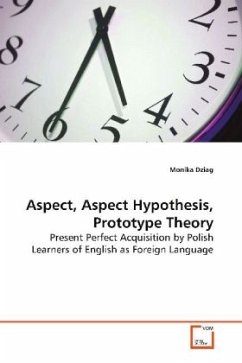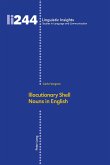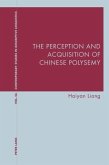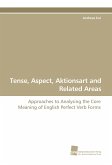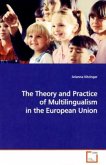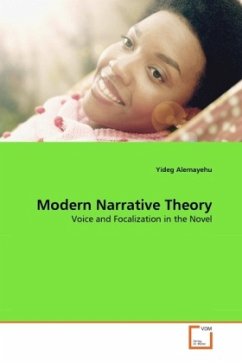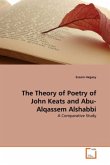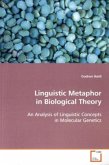The nature of tense and aspect has been continuosly
investigated by researchers from many different
fields, e.g. cognitive psychology, sociology and
linguistics. No clear consensus has been reached
even in regard to the very definition of the two
concepts. It has been suggested that instead of
treating them as separate, it could be more fruitful
to discuss them in terms of a tempo-aspectual
continuum. Cross-linguistic variation and the
problem of acquisition of tense and aspect pose
another problem, the investigation of which has
resulted in some insights but no finite explanation.
In my work, I looked into the problem of tense and
aspect and their acquisition and tried to explain
the process by employing the Protoype Theory as
causal explanation.I reported the results of a small
pilot study I conducted to conclude finally that
both Aspect Hypothesis and Prototype Theory explain
the process of Present Perfect acquisition to some
extent, however, that other factors, notably
telicity, may also have a great impact upon
acquiring tense and aspect by learners of English as
Foreign Language.
investigated by researchers from many different
fields, e.g. cognitive psychology, sociology and
linguistics. No clear consensus has been reached
even in regard to the very definition of the two
concepts. It has been suggested that instead of
treating them as separate, it could be more fruitful
to discuss them in terms of a tempo-aspectual
continuum. Cross-linguistic variation and the
problem of acquisition of tense and aspect pose
another problem, the investigation of which has
resulted in some insights but no finite explanation.
In my work, I looked into the problem of tense and
aspect and their acquisition and tried to explain
the process by employing the Protoype Theory as
causal explanation.I reported the results of a small
pilot study I conducted to conclude finally that
both Aspect Hypothesis and Prototype Theory explain
the process of Present Perfect acquisition to some
extent, however, that other factors, notably
telicity, may also have a great impact upon
acquiring tense and aspect by learners of English as
Foreign Language.

